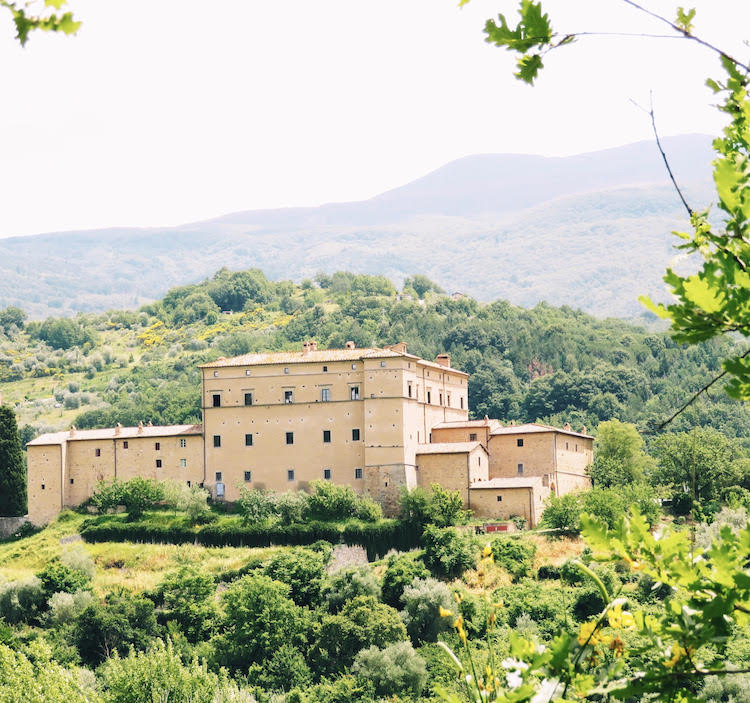Some people study it, others are born into it, and some take windy, windy roads before they end up in it, but everyone in the wine industry is here for a reason.
I myself did not grow up in a wine family. I was raised in Los Angeles, and the first time I recall seeing a vineyard was when I watched The Parent Trap with Lindsey Lohan. My parents didn’t drink much wine, and therefore I didn’t either until I went to college, got my bartending license and turned 21.
Almost by accident, wine became my alcoholic beverage of choice. I realized it was tasty, inexpensive, made me feel better than beer and had less sugar in it than cocktails and at the time, that was good enough for me.
By the time I turned 21 my friends and I had a well-established weekly tradition we aptly called Winesday, where we would all hang out and drink our beverages of choice. Besides occasionally trying each other’s wines, we didn’t talk much about what we were drinking. We were far too busy playing games and socializing.
While I loved what I was studying and the work I was doing in HR and communications, by the spring of my junior year I had vivid dreams of owning a vineyard someday. I have no idea where they came from other than the fact that it sounded incredible, but those dreams kept getting louder and louder until I couldn’t imagine anything else.
I had zero experience or idea what it took to make wine. I studied communications, for god sakes. All I knew was that I seriously needed to find more opportunities to learn if this was something I was truly passionate about.
So I did a little digging and found them. First, by looking through hundreds of posts on the WWOOF (World Wide Organic Farming) Italia website to find the perfect vineyard that needed help and would let me stay there and eat for free in exchange. Second, by emailing said vineyard, 13 months in advance. And third, by signing up to take the Introductory Sommelier Course.
Yes, I found out about the course through the movie Somm. And yes, I passed by only studying the night before. I knew I didn’t want to be a sommelier in the traditional sense but at least it was a start.
Anyway, fast forward to the summer after college and I find myself in the vineyards at Castello di Potentino doing canopy management, labeling shiners and helping out in any way possible. Every lunch and dinner we sat around eating delicious, fresh-cooked Italian food, sipping on their wine, having genuine conversations and that was it. I was hooked.

I felt at home taking care of the vines. My heart was at ease hand-labeling every bottle. I didn’t mind waking up at 5 AM each day to make it all happen. And our afternoons and evenings at the table transformed me.
I suddenly saw how wine could be both a beautiful part of every day life and build community. It was part of the table that represented a specific time and place, complemented the meal and provoked real conversations. It brought people from all different parts of the world together, and to me there was nothing more incredible.
My career in wine has come a long way since then, but without a doubt that’s where it became real to me. That’s where I saw the significance of working in this industry versus doing charity work or something else incredibly selfless and gratifying.
I know I’m not solving all the world’s problems, and there is so, so much more I want to accomplish. But there is something intrinsically beautiful about carrying on this centuries-old tradition in a way that has modern significance that makes me thrilled to be a part of it.
Winemakers, vineyard crews, business people, presenters, the media, distributors and retailers are bringing these wines from vineyard to a person’s table to become part of their life. Something to be shared with another—a loved one, a stranger—to be discussed among other things and above all enjoyed.
It doesn’t matter how much the bottle costs, whether it’s $30 or $300. What matters is how it opens your mind and spirit to new ideas, new tastes, and pushes you beyond your lovely little bubble.













